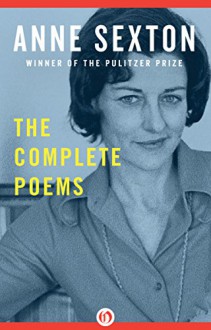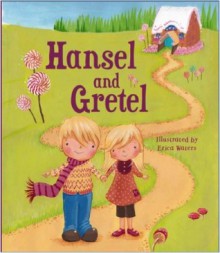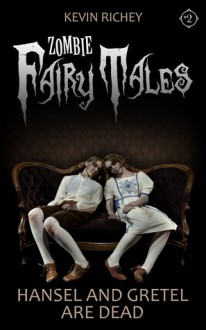
Disclaimer: ARC via Open Road Media and Netgalley
I was first introduced to Anne Sexton in college during an American Poetry class. Actually, I was introduced to Sexton’s poetry because by that time she was long dead. Shortly afterwards, I read her Transformations which will always be one of my favorite books. In her poetic retellings of various Brother Grimm stories, from the most famous to less well known, Sexton shows how fairy tales are still current and powerful, and still can be connected to the modern day. Therefore, when Open Road Media put this up on Netgalley, I immediately downloaded it.
If you are someone who has been following my reviews for a while what I am about to say is old hat. If not, then you should know that I am Auto-Approved for Open Road Media titles on Netgalley. For me, Open Road Media is one of those publishing companies that synonymous with excellence. I love their reprinting of various lesser known feminist books as well as various studies of current issues (such as abortion). The Complete Poems of Sexton continues in this tradition. Care was taken in producing the digital version. As most readers of digital media can tell you, poetry is not always formatted well for e-readers. This is not the case here. Open Road Media took care to preserve each poems structure and look. The only criticism I have on this front is the lack of illustrations for Transformations.
Sexton’s poetry is dark and hits the reader hard. There is something unflinching or uncompromising in her writing. In this collection, one can not only see that but also how fairy tale and myth inspired/influenced her writing even before Transformations. Take, for instance, “Where I Live in This Honorable House of the Laurel Tree”, a poem written from the viewpoint of Daphne after her transformation into the tree when trying to escape from Apollo. In Sexton’s poem, the lines are more blurry, the anger subdued, and the tragedy up front and center. Or “The Farmer’s Wife” a poem that showcases a marriage that isn’t as blooming as would first appears. Here, she is tapping into the ideas and themes in the Feminine Mystique or for the more modern reader as expressed in the music of Paula Cole.
The witches are here as well, both as giver and taker. They are tied with Sexton’s view of life and birth. In fact, many of the poems mediate about birth and the connection to finding oneself. This is most powerfully expressed in the poem “The Abortion” as well as the poem “Water”. In fact, it is impossible to read either one of those poems without thinking about current issues before the US Supreme Court.
Considering Sexton’s struggle with mental illness, it is no surprise that many poems, even those about birth, also connect to death or even a struggle against an unimaginable though not evil darkness. There is “Sylvia’s Death”, about Plath, which eventually gives way to poems that meditate on religion. And in many ways these poems (“Protestant Easter” being one) that are the most powerful because they are about that quest of understanding and a desire to come to terms with something that in many ways defies description. The poems are not just about doubt, but even a desire, a need, to believe.
Sexton’s poetry has long had the reputation being dark, but that is a simplistic description. Her poetry is human. This collection showcases that.
 I am not impressed.
I am not impressed.
 Log in with Facebook
Log in with Facebook 









